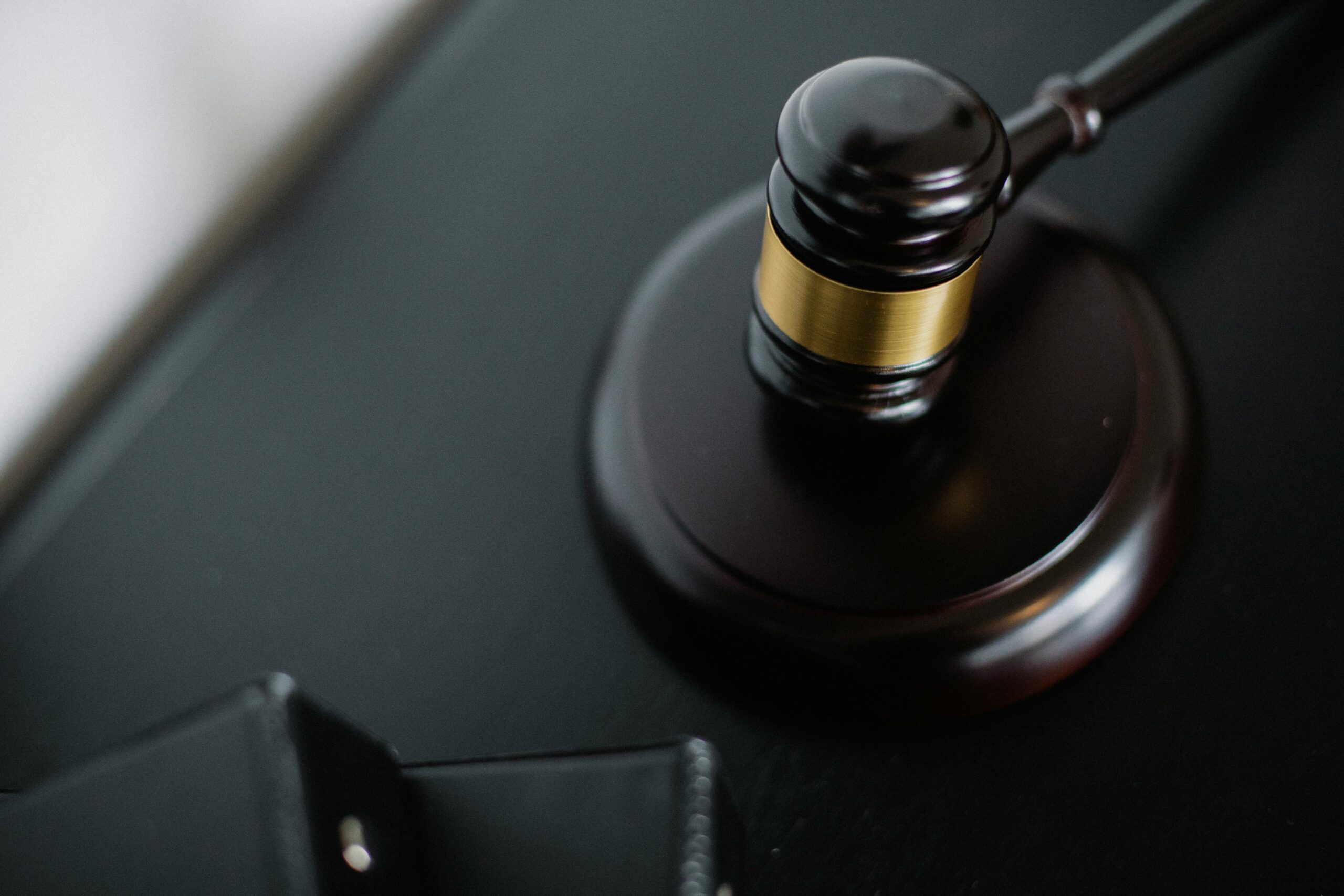
Power Of Attorney Definition Explained: A Simple Breakdown
The power of attorney definition refers to a legal document that allows you to appoint someone to make decisions on your behalf. This document is particularly important if you ever become unable to manage your own affairs due to illness, an accident, or incapacity. The person you appoint, called the “attorney,” gains the authority to handle matters such as your finances, property, and healthcare. The scope of their authority depends on the type of power of attorney you set up.
Life can be unpredictable, and there may come a time when you are unable to make decisions for yourself. Having a power of attorney in place ensures that someone you trust can step in and manage your responsibilities on your behalf. Without a power of attorney, your family may face difficulties in handling your affairs, potentially leading to legal complications or delays when urgent decisions need to be made.
This article will provide a clear and simple breakdown of the power of attorney definition, explain how it works, and outline the different types available. We will also look at why setting up a power of attorney is an essential part of your long-term planning. Whether for managing temporary situations or preparing for long-term care, a power of attorney ensures that your interests are protected by someone you trust. By the end of this article, you’ll have a better understanding of how a power of attorney can safeguard your future.
What Is Power Of Attorney?
A power of attorney is a legal arrangement that allows you (the donor) to grant authority to someone else (the attorney) to make decisions on your behalf. This is particularly useful if you are unable to manage your affairs due to illness, injury, or incapacity. By creating a power of attorney, you ensure that someone you trust can act in your best interests when you’re unable to do so.
There are two main types of power of attorney:
- Ordinary Power of Attorney: This type of power of attorney is typically used for short-term or temporary situations. It gives the attorney the authority to manage your financial matters while you are still mentally capable of making your own decisions. An ordinary power of attorney is often used if you need help managing your finances while you are abroad or recovering from surgery. However, it becomes invalid if you lose mental capacity.
- Lasting Power of Attorney (LPA): An LPA is designed for long-term protection. It remains valid even if you lose mental capacity, ensuring that someone you trust can continue to make decisions on your behalf. There are two types of lasting powers of attorney:
- Property and Financial Affairs LPA: This gives your attorney the authority to manage your financial matters, such as paying bills, managing investments, and handling property transactions.
- Health and Welfare LPA: This allows your attorney to make decisions about your personal healthcare and welfare, including medical treatment, where you live, and your daily care.
Both types of LPAs offer the peace of mind that someone you trust will be able to manage your affairs if you’re no longer able to do so yourself. Without a lasting power of attorney, your family may face the difficulty of going to court to apply for the legal authority to manage your affairs, which can be time-consuming and costly.
In the UK, setting up a lasting power of attorney involves completing the necessary forms and registering them with the Office of the Public Guardian. This ensures that your attorney can legally act on your behalf when needed. It is a vital step in safeguarding your future and ensuring your wishes are respected if you’re unable to make decisions independently.

Power Of Attorney Definition Explained: How To Set One Up
Setting up a power of attorney is a straightforward process, but it’s essential to follow the correct steps to ensure that the document is legally valid and effective. Whether you’re setting up an ordinary power of attorney for short-term needs or a lasting power of attorney (LPA) for long-term planning, the following guide outlines how to get started.
- Choose Your Attorney
The first and most important step in setting up a power of attorney is choosing who will act on your behalf. This person, known as your attorney, should be someone you trust implicitly. They could be a family member, close friend, or a professional, such as a solicitor. Make sure the individual understands the responsibility and is willing to act in your best interest. You may also choose more than one attorney and specify if they are to act jointly (together) or jointly and severally (allowing them to make decisions independently). - Decide Which Type of Power of Attorney You Need
As we discussed earlier, there are two main types of power of attorney: ordinary and lasting. An ordinary power of attorney is used for temporary or short-term situations, while a lasting power of attorney remains in effect if you lose mental capacity. If you’re preparing for long-term planning, the LPA is the more robust option, providing protection for both financial matters and health-related decisions. - Complete the Application Forms
In the UK, the forms to set up an LPA are available from the Office of the Public Guardian (OPG). You’ll need to complete specific forms depending on whether you’re setting up a property and financial affairs LPA, a health and welfare LPA, or both. These forms ask for details about your chosen attorney(s) and outline the specific powers you are granting them. - Get the Forms Signed and Witnessed
Once the forms are filled out, both you and your attorney(s) must sign them. It’s also essential to have the forms signed by a witness and a “certificate provider,” someone who confirms that you understand the document and are not under pressure to sign it. This person can be a professional, such as a doctor or solicitor, or someone who has known you personally for at least two years. - Register with the Office of the Public Guardian
After completing and signing the forms, they must be registered with the OPG. Registration is essential because your attorney cannot act on your behalf until the LPA is officially registered. The registration process can take up to 10 weeks, and there is a fee, currently £82 for each LPA. Once registered, your attorney can legally act on your behalf when needed.
Setting up a power of attorney is an important step in ensuring that your affairs are handled smoothly and according to your wishes. By following these steps, you can protect yourself and your family from potential legal complications in the future.



